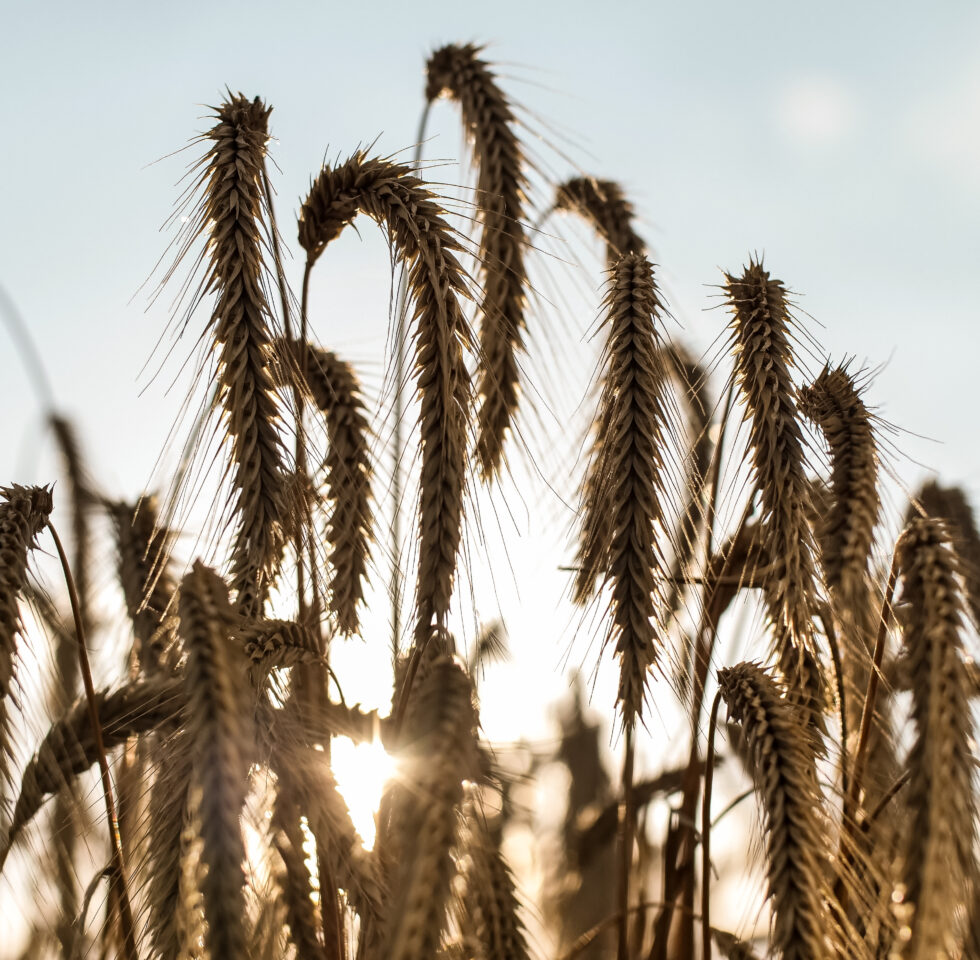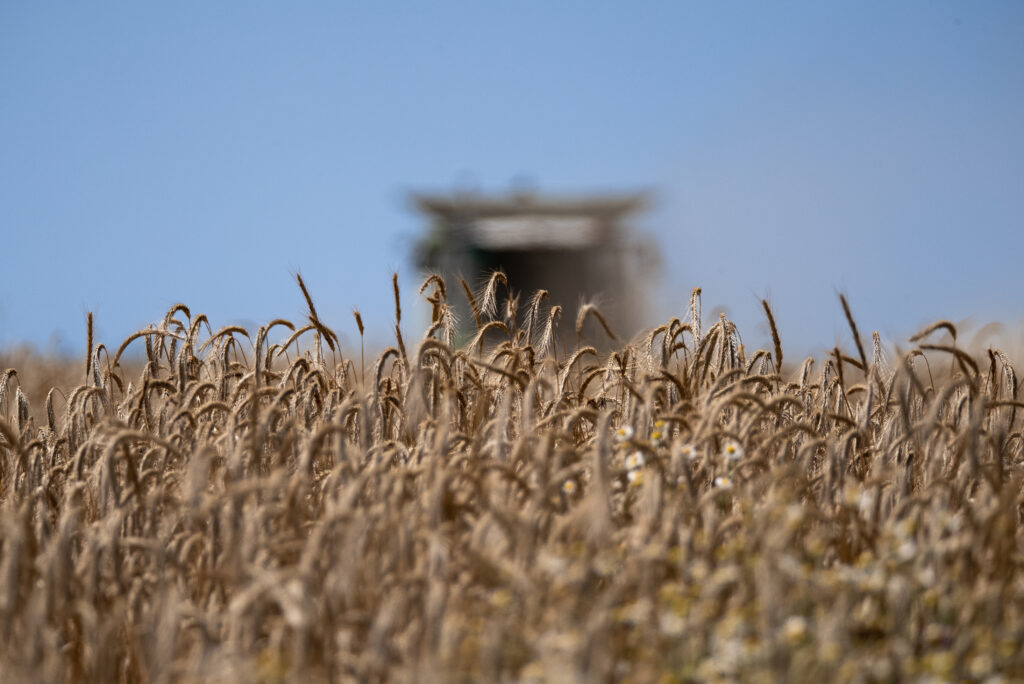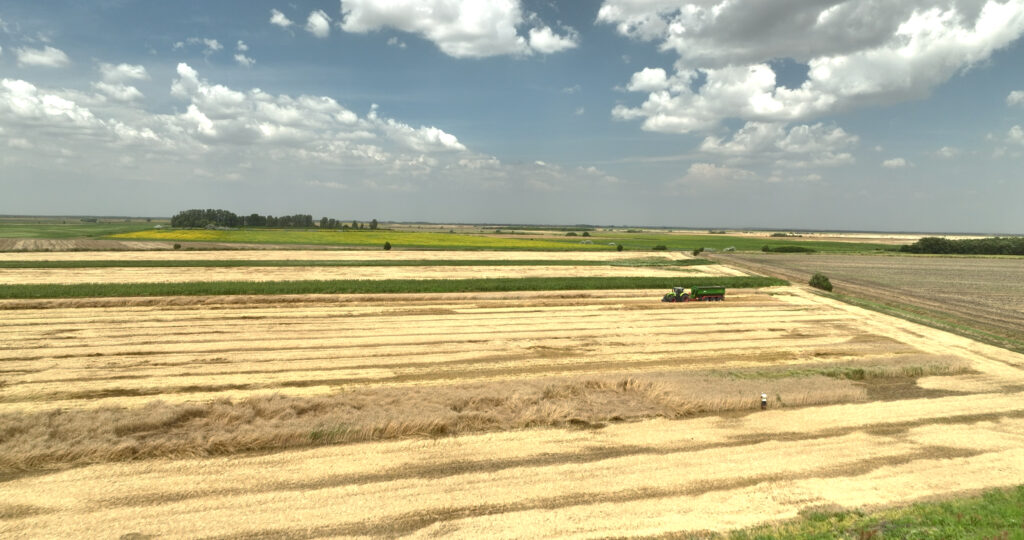Harvest Efficiency Redefined with LoginEKO Farming Software
July 24, 2024LoginEKO Farming Software redefines harvest efficiency, optimizing operations from planning to storage. Soon to be shared globally.
Read articleExplore rye's unique qualities for effective weed management.

While rye might appear as just another cereal in our organic farming system, it holds a distinct advantage that sets it apart from the rest. Its ability to stand tall against weeds plays a pivotal role in our approach to sustainable agriculture.
The battle against weeds has always been a challenge for farmers, but rye offers a unique solution. Unlike other cereals, rye has a special ability to compete with weeds, reducing our need for extensive mechanical control and interventions. This means we can maintain healthier fields while using fewer resources, and make our farming process more efficient.
At the center of our vision is a strong commitment to traceability. As our rye is harvested (this link will take you to the field map in our Farming software, where you can access key data from the actual rye harvest) from various fields, especially when combined in the same loading trailer, we take samples at each step of the way. These samples become an integral part of our ‘Samples and Analyses’ application to ensure that every detail is recorded.

By measuring the moisture content and hectoliter mass of the grains, we gain valuable insights into the quality and health of our harvest. These samples later undergo laboratory analysis, where we delve deeper into parameters such as protein content and other vital aspects of human nutrition.

Our sustainable farming approach ensures that the organic matter, or biomass, remains on our fields post-harvest by only harvesting the seeds. This helps us minimize the decrease of organic matter content in the soil. And with rye, compared to other crops we harvest, its contribution to organic matter that remains on the fields is the highest.
LoginEKO Farming Software redefines harvest efficiency, optimizing operations from planning to storage. Soon to be shared globally.
Read articleWhat if we told you that sunflower seeds you buy were sprayed with 9 active ingredients in pesticides? What if we told you this wouldn't have been necessary?
Read articleLoginEKO's moves into gluten-free farming tapping into rising consumer trends for a healthier market niche.
Read article